The Taliban, an Islamic extremist armed group, has ruled Afghanistan twice (1996-2001 and 2021-present). The Taliban’s first term in power in Afghanistan was marred by tyranny that suppressed all freedoms. The Taliban, who are entering their second term in power in 2021, say they are different from before, but the West’s gaze towards them is not much different from the past. Which is the real face of the Taliban: what the Taliban say they are or what the West’s observers say about them?
In December 2023, Lee Shin-seok, a reporter specializing in reporting conflict areas for ‘The AsiaN’; who faced Afghanistan under the Taliban with his body and mind, tells the story of the Taliban and Afghanistan as they are. -editor
By Lee Shin-seok *
SEOUL: “They say that if the North Korean national soccer team loses in an international match, the players will be punished after returning home. Is this true?”
This is a question that the civil servant in charge of my entry screening into Afghanistan asked privately. He said that they even bet among themselves, but since I had no way of knowing, the only answer I could give was that it might be so. Until then, I thought this funny question and answer was just a happening.
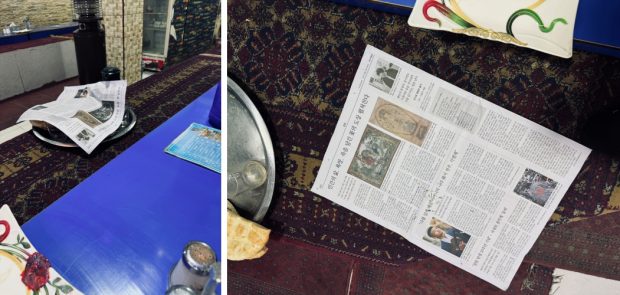
During the journey, I had many opportunities to encounter the daily lives of the Afghan people. When I introduced myself to Afghans as a Korean, most of them only asked about things related to North Korea.
There were quite a few times when I was embarrassed by the number of questions I could not answer accurately. In the older age group, there were many people who could not distinguish between South and North Korea.
The topic they commonly brought up was North Korea’s Kim Jong-un regime. The news that the Kim Jong-un regime was launching rockets every day seemed to be quite well known in Afghanistan.
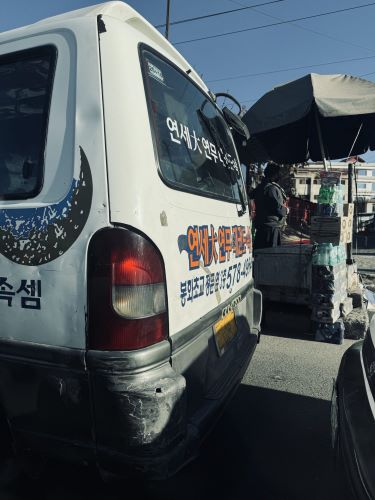
The lives of North Korean people were also a frequent topic. Afghans wondered whether North Koreans were experiencing a serious food shortage and whether their human rights were being violated. Afghanistan, along with North Korea, is one of the poorest countries in the world. I thought that the Taliban regime was intentionally highlighting North Korea’s human rights issues, economic difficulties, and food shortages to instill in its citizens the perception that ‘Afghanistan under the Taliban is better than North Korea.’
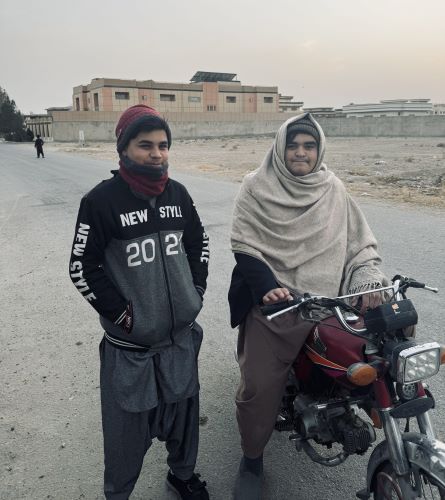
In most cases, the common people of Afghanistan only had a vague image of Korea as a well-off country and did not know much about the country. The middle class and above had some interest in Korea. Among them, the younger generation likes the Korean Wave and claims to be fans of famous singers such as BTS and GD.
However, contrary to the general perception in Afghanistan, there were cases where certain industries had some level of awareness about Korea. This happened when I went to a local high-end beauty salon.
Several Korean products caught my eye, such as clippers and hair dye, which we commonly call Barikang. A beauty salon employee said, “Korean beauty products are recognized as high-end in Afghanistan, and the quality is much better than Chinese products, so they are used frequently.”
Just as it is difficult for us to distinguish the nationalities of people from other regions at a glance, if I did not introduce myself as Korean, the people in Afghanistan would only think of me as an East Asian from one of Korea, China, and Japan. So naturally, I learned about the Afghan public’s views on Korea, China, and Japan.
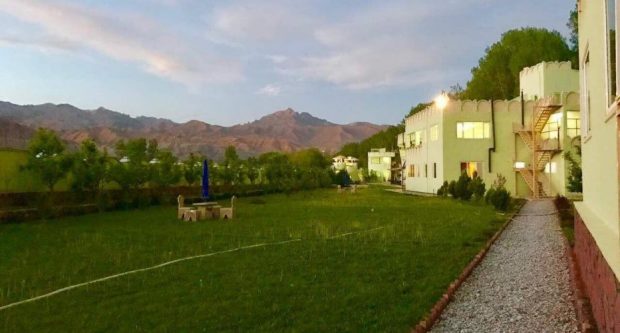
Afghan people generally have aversion to China. To them, China’s One Belt One Road program must have felt like an invasion by a powerful country. Chinese people staying in the area also seemed to have a tendency to treat Afghans poorly. On the other hand, as long as they were not Chinese, they were welcomed regardless of nationality, whether Korean or Japanese.
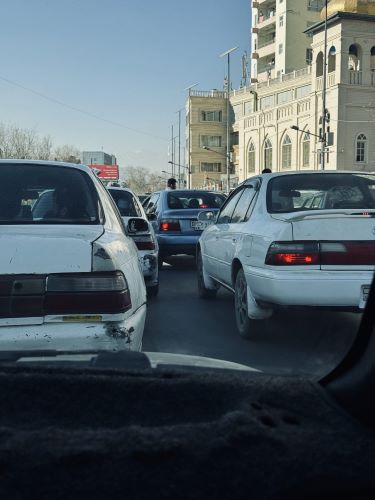
Afghanistan especially had a strong preference for Japan. According to a Japanese man who has run a Japanese restaurant in Bamiyan for a long time, Afghans love Japanese food and the restaurant is so famous that people come from all over the capital, Kabul. The fact that every corner of the road was covered with Japanese Toyota vehicles was a sight I could not have imagined.
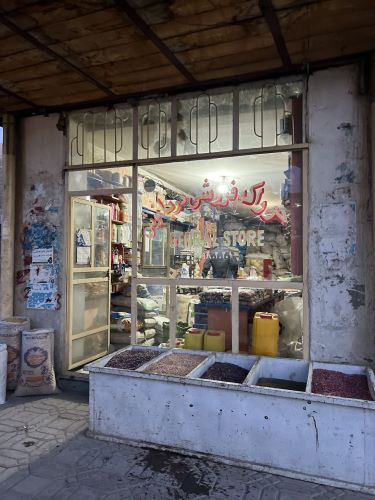
Before moving from Korea to Afghanistan, I collected information by watching related articles and videos. While there was some truly necessary and accurate information, there was also some whose truth was questionable.
According to the so-called GUKBONG YouTube channel, Korean soybean seeds were widely spread in Afghanistan, gaining a good image there and achieving great commercial success, but from what I found, it was close to fiction.
Even though some Korean organizations and companies are active in Afghanistan, exchanges between Korea and Afghanistan are very minimal, whether at the national or private level. Since the Taliban returned to power in August 2021, even the Korean embassy has withdrawn from Afghanistan.
In a way, it is natural that we do not know much about Afghanistan, just as Afghanistan does not know much about us. The distance between Korea and Afghanistan still feels distant.
* Lee Shin-seok is a conflict zone reporter Journey through The Wrong Side of the Tracks




